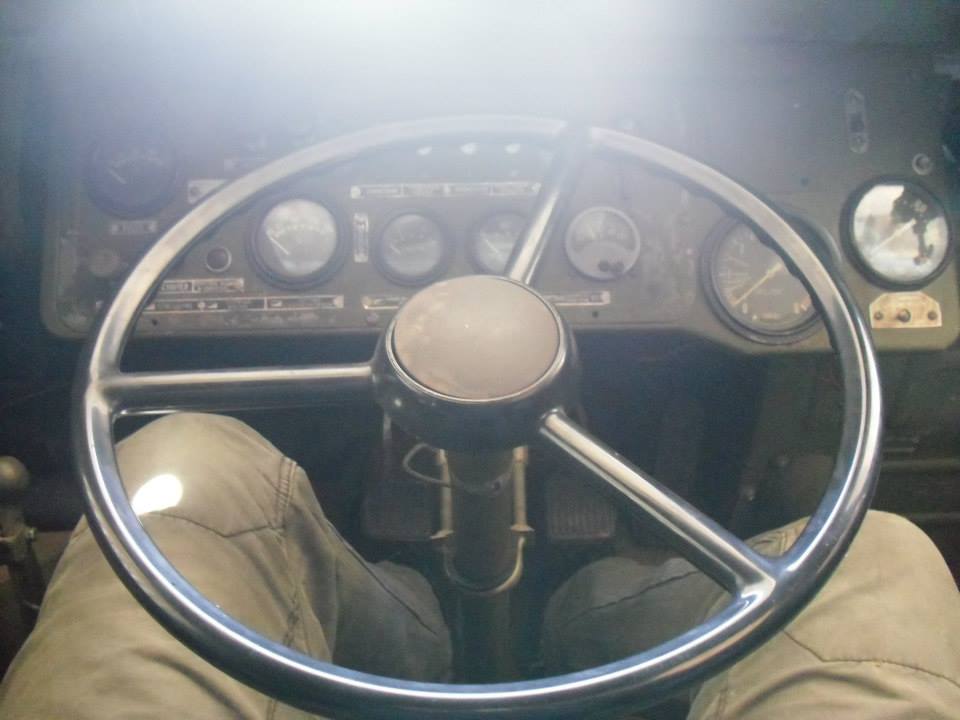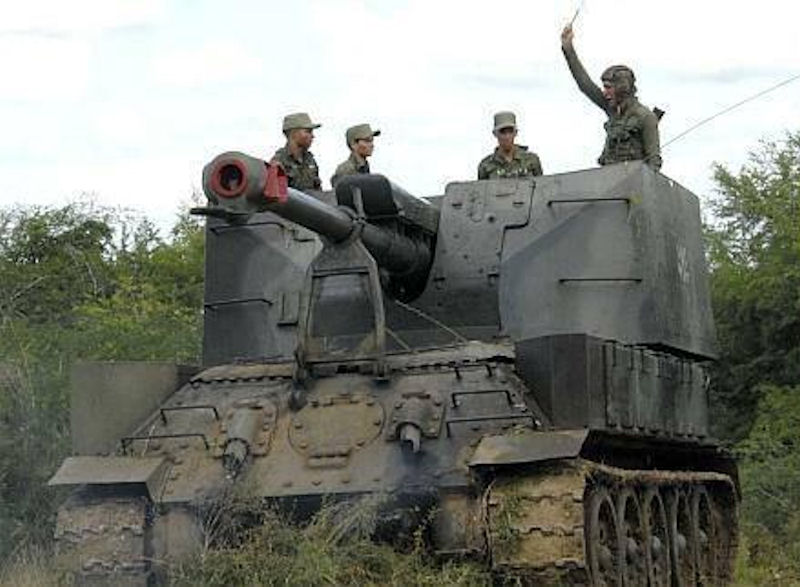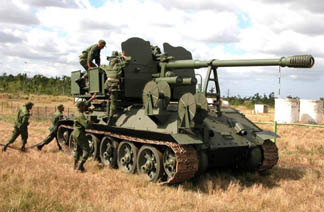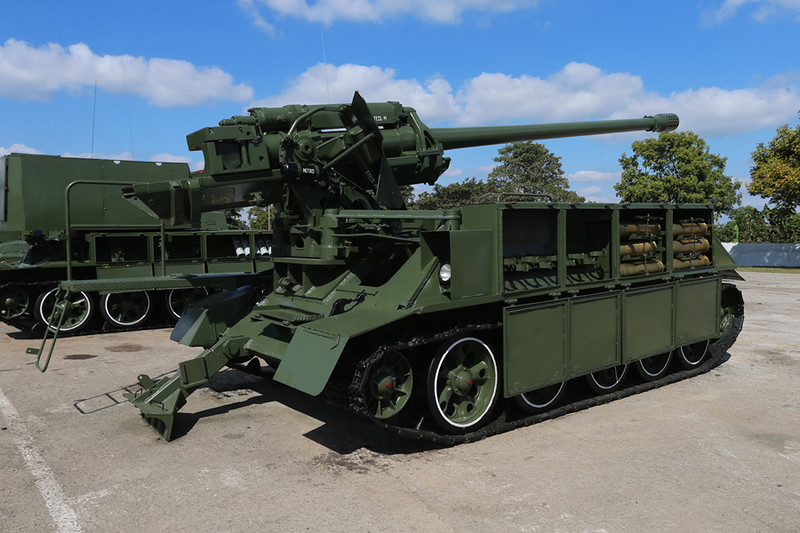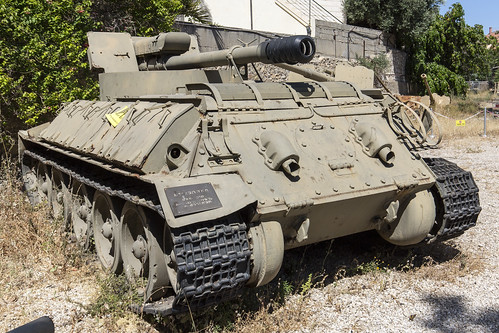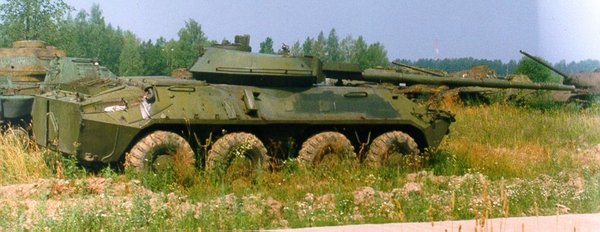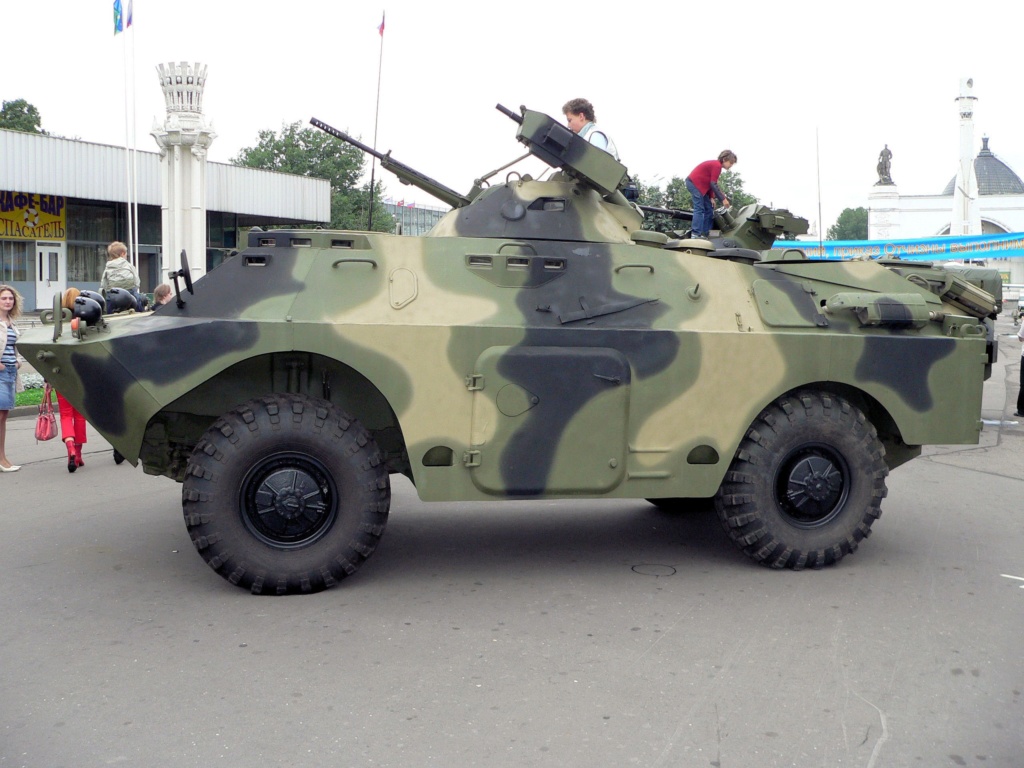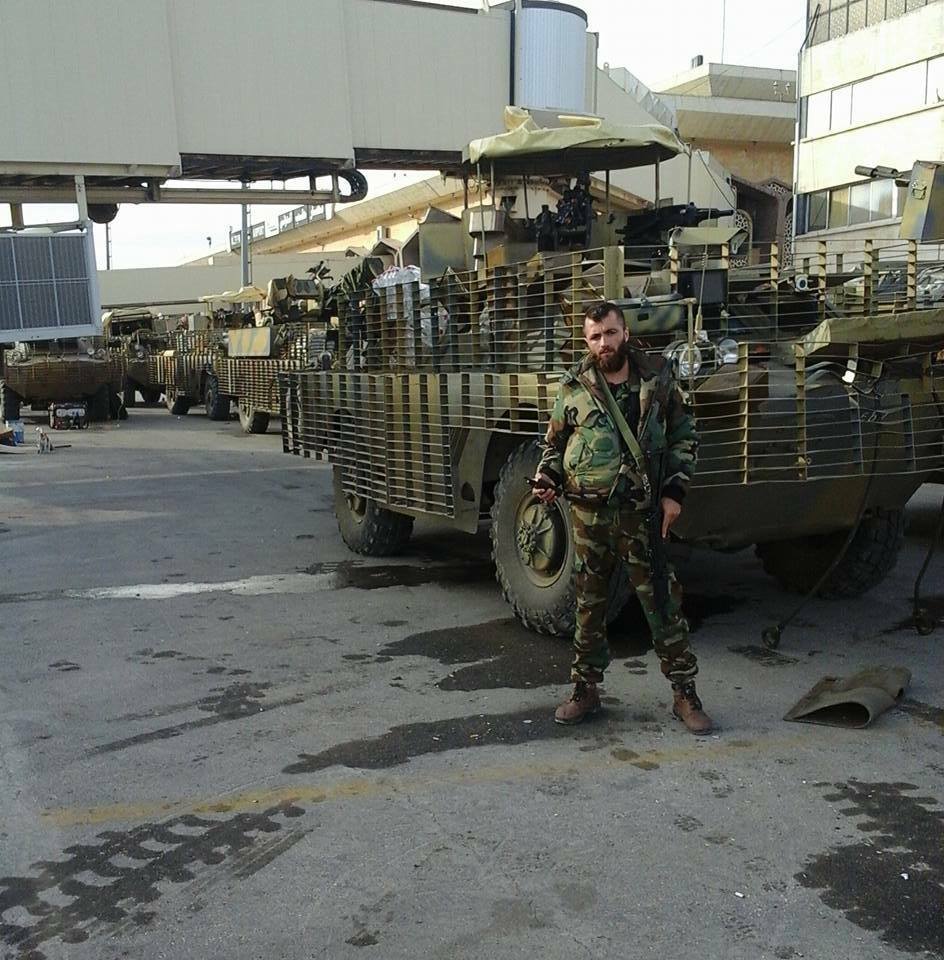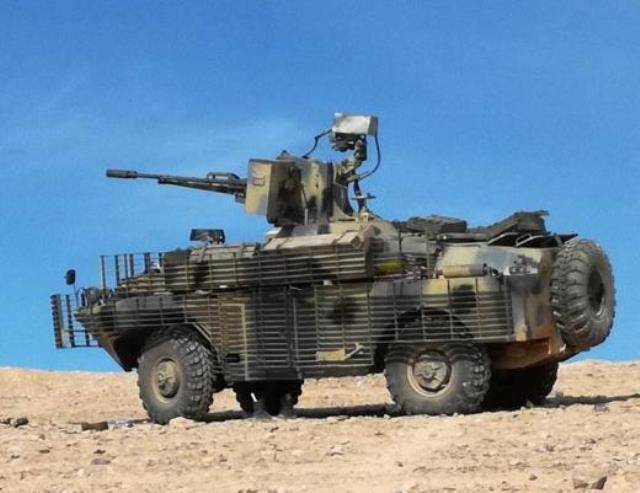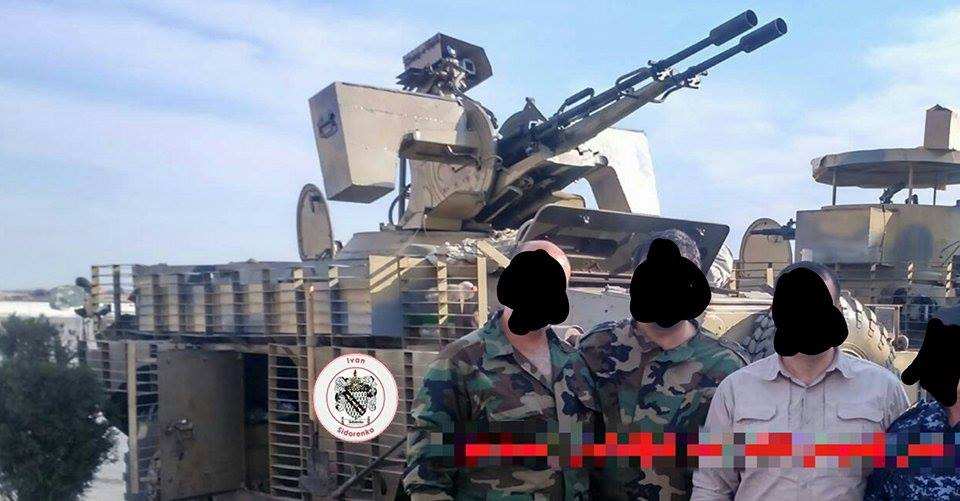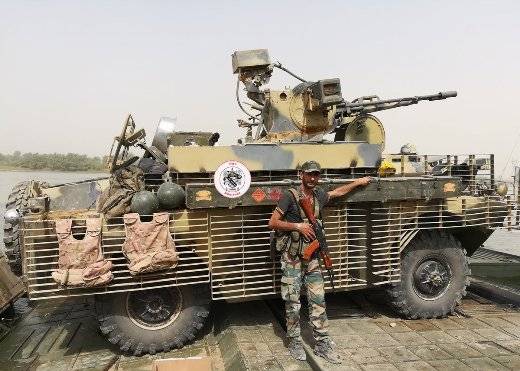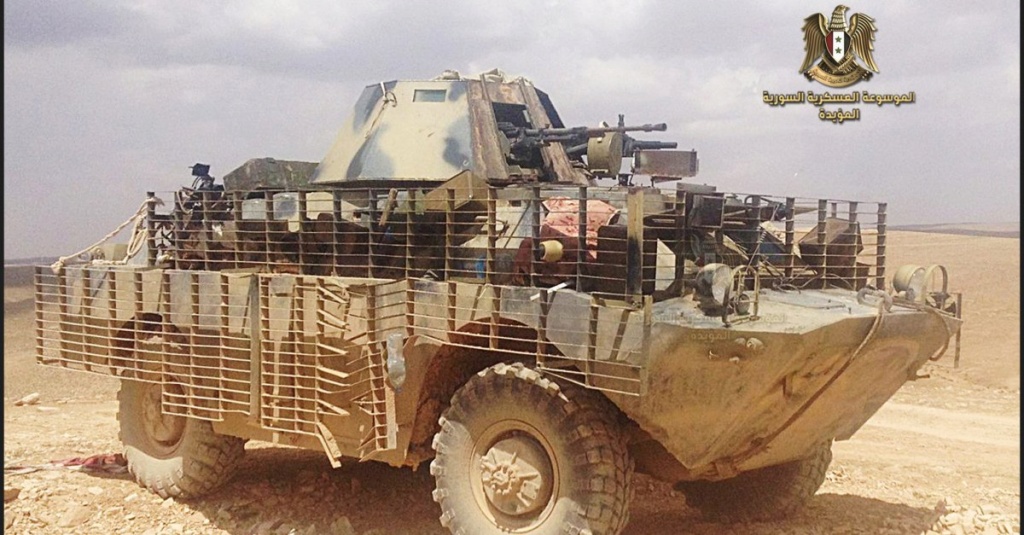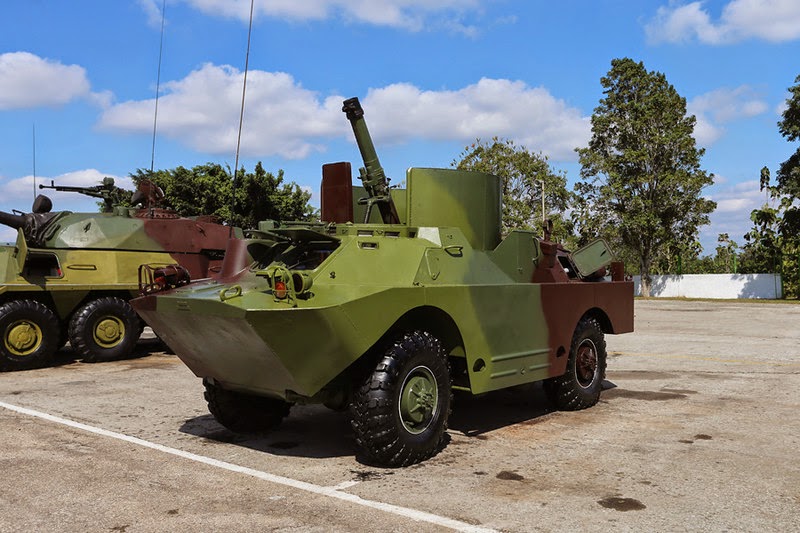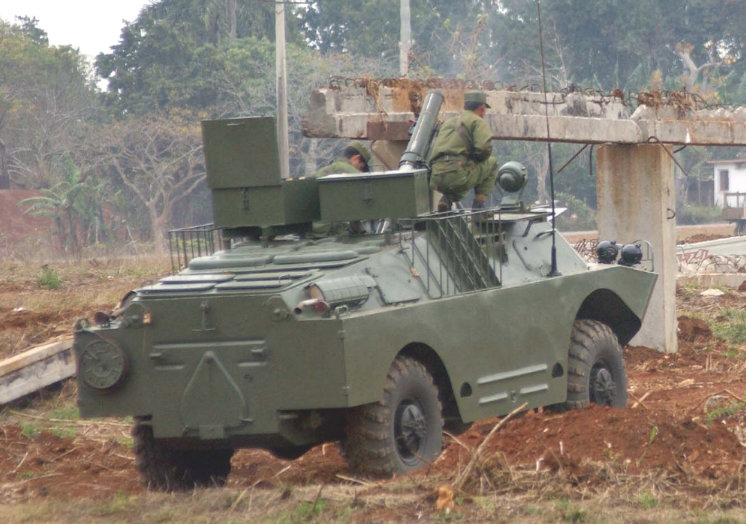 d_taddei2 Thu May 07, 2020 7:59 pm
d_taddei2 Thu May 07, 2020 7:59 pm
with Syria eating quite a lot of reserves there still remains vast amounts of equipment in Russian reserve. I think Russian reserves are far larger than we actually know. And i see their reserve pool to be put into certain categories.
1/ ready reserve- items they still keep for their own reserve forces, they will want to keep a certain level of equipment
2/ reserve for export sales
3/reserve for export aid (customer will pay for overhaul or use to sweeten deals or in return other items such as textiles, rubber etc)
4/awaiting disposal/scrapping
category 1 is pretty straight forward these will be used to arm reserve forces will most likely be equipment that will be the most useful and most up to date.
the other categories slight over lap each other. With the current down turn in world economy of corona virus and oil prices for Russia we may see more sale of older equipment/ soviet equipment and some may have upgrades added. This is due to two things, with Russia losing valuable revenue from oil they will be looking at other areas of the economy to fill the shortfall of oil sales and one of the key expertise areas Russia enjoys a strong global share of is the defence sector. So although Russia will still focus on pushing lucrative new equipment sales abroad, and i suspect they will still sell new equipment but other countries may not have the money to purchase new equipment so may opt for a cheaper alternative to which Russia has many options on the table and equipment for every type of warfare need and at all budgets. As mentioned above this would also allow Russia to gain additional revenue during these low periods of cheaper oil prices.
when Russia sells items in category 2 it will most often include some form of upgrade which benefits various companies and increases sales revenue. the vehicle itself has already been paid for long ago so this is really money for old rope for Russia and allows Russia to clear out older vehicles and these vehicles can be supplied to the customer fairly quickly in comparison to newer equipment. Russia also benefits from a few other factors, such as ongoing parts and technical help and although this might not be massive amounts of money its something that can be the difference in keeping some Russians in a job and not as well as increased profits for defence companies. and most often than not Russian equipment is cheaper than western equipment even older equipment and this has what i call the deniability factor denying another competitor the chance to make a sale (this could be a western arms company or country) and once bought they are pretty much locked in for years if not a decade so Russia would benefit as mentioned parts sales and ammunition sales for the next few years if not a decade all good news for Russian arms companies.
category 3 and although Russia no longer gives out like it did during soviet times now it seems to charge the country overhaul or upgrades costs but also gains in others ways such as political influence, contracts such as oil, gas, telecoms etc etc, or in exchange for cheaper items imported from the country into Russia such as rubber, textiles, fruit, and other commodities, basically be used to sweeten deals. These aid/token sales also benefit Russia as mentioned before these pieces of equipment still need to be maintained and parts/ammunition still will need to be purchased ongoing from the receiving country and also locking out other countries sales.
and another benefit to Russia is this will save on scrapping related costs and environmental impact. this ties into category 4. And even items that Russia see as leaning towards category 4 could still be offered to the extremely poorer nations under category 3 equipment such as BTR-40, BRDM-1, BTR-152, BTR-50, BTR-60, T-54, PT-76, T-62, T-64, T-55 could still be useful to an armed forces that has next to nothing in ways of armour. BTR-40 and BRDM-1 can still be used at border check points, BTR-152 as we have seen been turned into ambulance by Vietnam for UN missions, BTR-50 turned into command vehicle, and BTR-60 used by paramilitary/ police forces etc. and various tanks been used to resupply Syria. all of the above were looked at to be scrapped.
another aspect out of reducing reserve stocks is the space generated in Russian soviet built bases, warehouses, storage facilities. It very unlikely Russia will ever go back to to having the kind of levels of equipment in storage ever again and although a decent amount will always be kept to quickly resupply eastern Ukraine, South Ossetia, Abhakiza etc etc it will never be a soviet levels. If Russia dd succed in a massive drive to clear out older stock in whatever methods they choose this will in turn create massive amounts of space not just equipment but also older ammunition. Suddenly Russia will see itself with old empty bases, warehouses, storage facilities that it really doesn't need or want to pay for the up keep of and many i would imagine are in a state that is no longer of good condition and really need demolishing, so this would give Russia the chance to either sell off old bases etc or rent them out as storage facilities etc etc to civilian firms, this would provide income either through rent or sales but also reduce the money spent up keeping these bases. Russia will only keep what it needs.
i think Russia should pursue such strategy as it s a massive win win situation for Russia in every scenario and allows Russia to boost revenue and secure various deals and influence around the globe and deny other countries sales. Of course they shouldnt wait too long as even equipment can get to the stage its no longer reasonable to sell due to bad condition of it. if they wait too long they could end up losing an opportunity and it will end up as scrap or a target on a range and there very little to zero money made. Of course sales of reserve equipment also creates a defence agreement between two countries and if the customer is happy and on good terms with Russia there may come a time that they will purchase new equipment as and when their economy allows or defence situation changes or needs change. If Russia is clever they will pursue defence sales in two ways 1. new equipment sales to those who can afford, 2. the categories above market.
question is will they do it? and do it quick enough?
and of course defence sales wont completely fill the void left by low oil prices but its a well established export/sales sector Russia has and sometimes its easier and quicker to build/expand on something you already have then to pursue a newer market. But i am sure an increase in defence sales would be warmly welcomed right now not by just the Russian government but also the defence companies and its employees.






 Isos
Isos